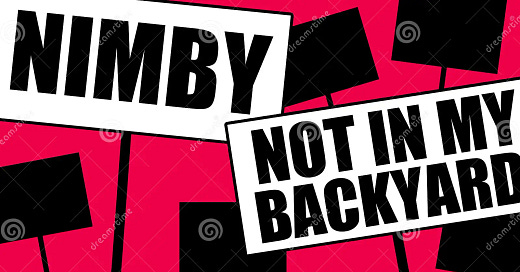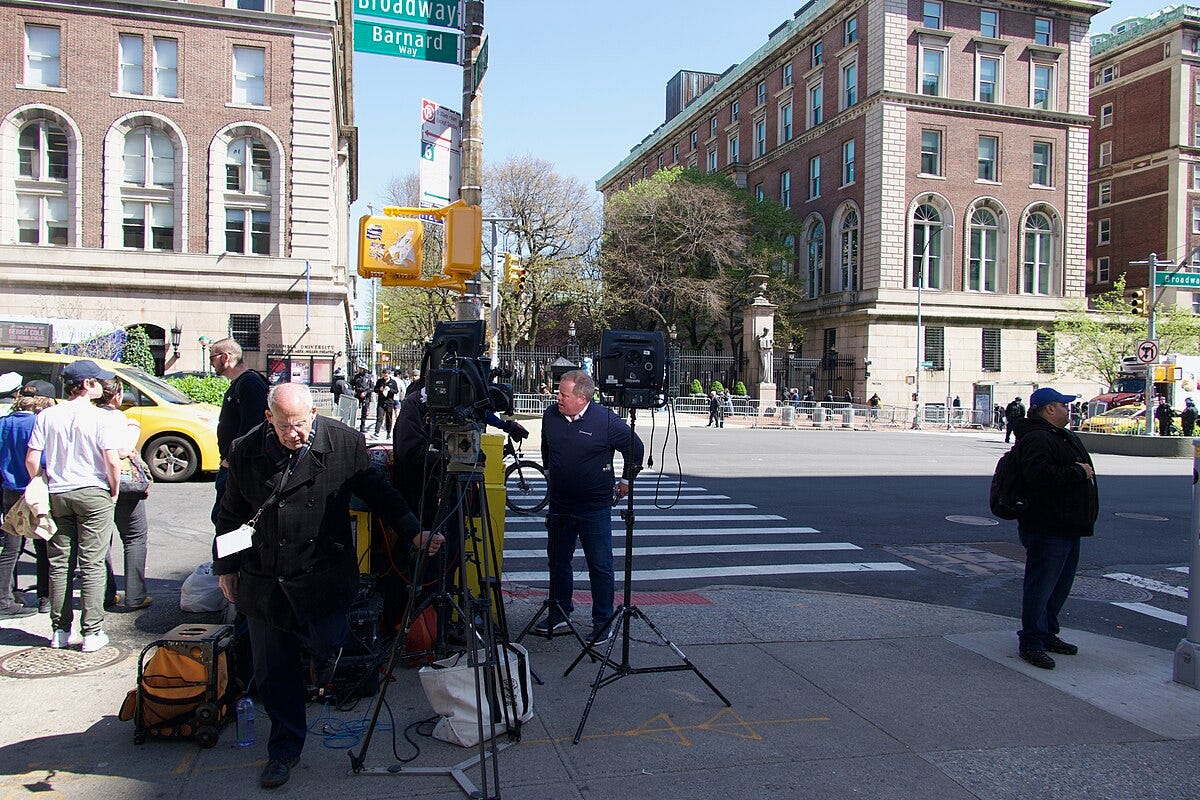Mainstream media’s skewed coverage of campus protests | Governor’s housing campaign in need of a reboot | Digital news site takes on longtime Worcester daily | Plans for massive South End lab complex get boost | New hope for stalled Norwood Hospital rebuild | Quick hits |
News tips? Story ideas? Email us at sbvanvoorhis@hotmail.com
Healey housing push in trouble? Amid NIMBY pushback, a puny state regulator attempts to police landmark law forcing towns to open doors to new residential development
The number of suburbs that have given a thumbs down to the MBTA Communities law is small but growing, with Norwell, Wakefield and Marblehead the latest to vote no.
An unknown but likely even greater number of Boston area cities and towns are technically complying on paper with the law, but in ways that could make it difficult, if not impossible, to build anything.
Yet there is a state office of just 22 people to ensure compliance with the law, which requires 177 communities to pass rules to allow new housing development near T stations, Contrarian Boston has learned.
Attorney General Andrea Campbell, who is suing Milton for refusing to comply with the law, is expected to announce soon the head of a new housing unit that will focus on compliance, a spokesperson told Contrarian Boston.
It’s not clear, though, how many staffers the AG’s new housing office will have.
“MBTA Communities is not working as many municipalities are ‘gaming’ the system by one device or another,” noted one prominent housing developer. “The state is not set up to police this.”
The mismatch between a state government armed with the equivalent of a pea shooter trying to enforce a complex housing law amid mounting resistance is not lost on housing experts.
In fact, some contend the state needs to start using carrots, and not just sticks, to entice cities and towns to revamp their restrictive zoning rules and allow in desperately needed new housing development.
Massachusetts is suffering from a shortage of 200,000 homes, condos and apartments, with scarcity relentlessly pushing prices and rents up, month after month and year after year, experts say.
“I think the MBTA Communities program would be significantly strengthened if there were financial incentives attached for cities and towns,” said Eleanor White, president and CEO of Housing Partners, Inc., who has nearly six decades of experience in affordable housing.
In addition, the state might also beef up payments to cities and towns under 40R, a long-standing state incentive program that provides financial incentives for permitting new housing near transit hubs, White told Contrarian Boston.
The current rates were set more than a decade ago, she noted.
Still, the bigger picture isn’t as grim as some might fear, contends Clark Ziegler, executive director of the Massachusetts Housing Partnership.
MHP is working with state housing officials to assist communities in complying with the new law.
So far, dozens of cities and towns have voted in favor of MBTA Communities compliant zoning plans that could, in theory at least, pave the way for more multifamily housing.
“For sure, some communities are trying to do the absolute bare minimum, but a number of communities have gone above and beyond,” Zielger told Contrarian Boston.
Distorted coverage? Mainstream media’s wall-to-wall reporting on campus protests gives an outsized voice to a very loud but but also very tiny minority
Well organized and well choreographed, the purportedly pro-Palestinian campus encampments and takeovers across the country have become media circuses.
But contrary to what the constant coverage by the Times, the Globe, and public radio would suggest, there is little support or even interest on the part of many if not most college students, a new poll finds.
That’s one of the key findings of a new Generation Lab survey released on Tuesday, Axios reports.
Asked about nine major issues, from health care to college cost, the 1,250 students surveyed ranked the turmoil in the Middle East dead last.
Just 8 percent said they had taken part in any protests on either side on the issue, while the overwhelming majority - 81 percent - said protestors who damaged university property or occupied buildings should be held accountable.
And here’s the clincher: nearly three times as many students blame Hamas for the misery in Gaza than they do Biden.
Keep reading with a 7-day free trial
Subscribe to Contrarian Boston to keep reading this post and get 7 days of free access to the full post archives.






